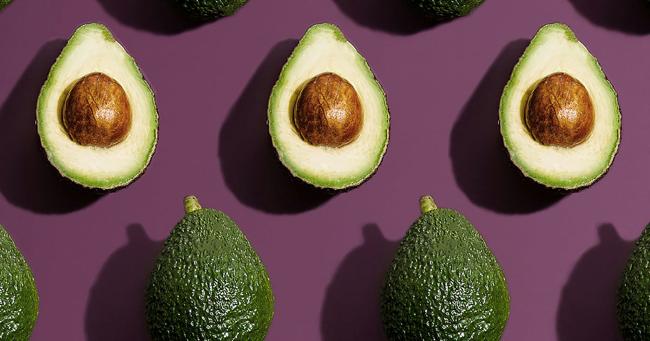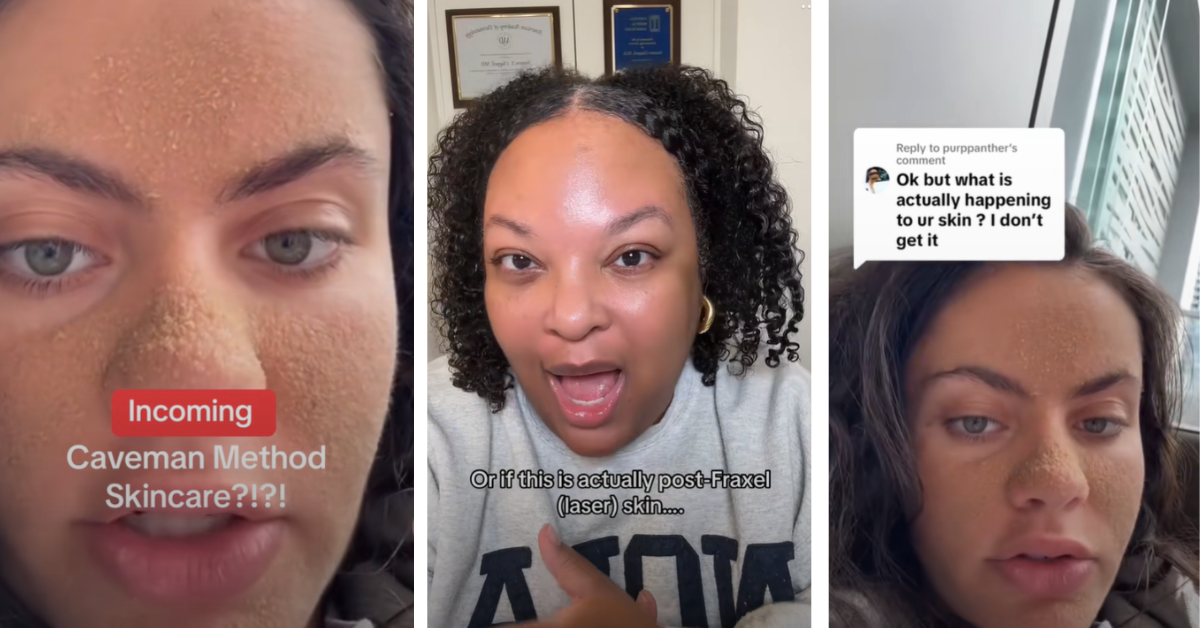Summary
The surge in DIY avocado face masks is largely driven by social media and the natural beauty movement
Source: Indulgexpress

AI News Q&A (Free Content)
Q1: What are the common benefits and potential risks of using natural ingredients like avocado in skincare products?
A1: Natural ingredients, such as avocado, are praised for their moisturizing and nourishing properties due to their high content of healthy fats, vitamins, and antioxidants. However, the efficacy of natural products in treating medical skin issues lacks convincing evidence. Additionally, some natural products may cause allergic reactions or other adverse effects, highlighting the need for skin patch tests before widespread application.
Q2: Why have DIY avocado face masks become popular on social media, and what should consumers be cautious about?
A2: DIY avocado face masks have gained popularity due to the natural beauty movement and the influence of social media, which promotes the use of organic and kitchen-available ingredients for skincare. While avocados can hydrate and nourish the skin, users should be cautious about allergies or skin sensitivities and ensure proper hygiene when preparing and applying homemade masks.
Q3: What are some characteristics of the natural skincare market and its growth trends?
A3: The natural skincare market has shown significant growth, driven by consumer preference for organic and natural ingredients. This sector's expansion reflects a broader trend towards health-conscious and environmentally friendly products. However, the lack of standardized definitions and regulations for 'natural' or 'organic' in the U.S. can lead to consumer confusion and misinformation.
Q4: How do avocados contribute to skin health, and what scientific evidence supports their use in skincare?
A4: Avocados are rich in essential fatty acids, vitamins E and C, and antioxidants, which can help moisturize and protect the skin from oxidative stress. Although many anecdotal claims support their skincare benefits, scientific studies specifically validating these claims are limited, and more research is needed to establish their efficacy conclusively.
Q5: What are the implications of the lack of regulatory definitions for 'natural' and 'organic' in skincare products?
A5: The absence of regulatory definitions for 'natural' and 'organic' in skincare allows manufacturers to market products with minimal oversight, leading to potential consumer deception. This gap emphasizes the importance of consumers investigating product ingredients and relying on trusted brands or certifications when selecting natural skincare products.
Q6: What safety precautions should individuals take when using DIY avocado face masks?
A6: Individuals should perform a patch test to ensure they are not allergic to avocados. Additionally, they should use fresh ingredients, ensure cleanliness during preparation, and apply the mask to a clean face. Avoiding the use of overripe or spoiled avocados and storing any leftovers properly can also prevent skin irritation or infection.
Q7: How does consumer preference for natural skincare products influence the market dynamics of the cosmetics industry?
A7: Consumer preference for natural skincare products drives innovation and shifts market dynamics towards more sustainable, transparent, and health-conscious products. This demand encourages brands to develop formulations that minimize synthetic ingredients and focus on eco-friendly practices, though it also challenges companies to substantiate their claims amidst regulatory ambiguities.
References:
- Natural skin care - Wikipedia: https://en.wikipedia.org/wiki/Natural_skin_care





